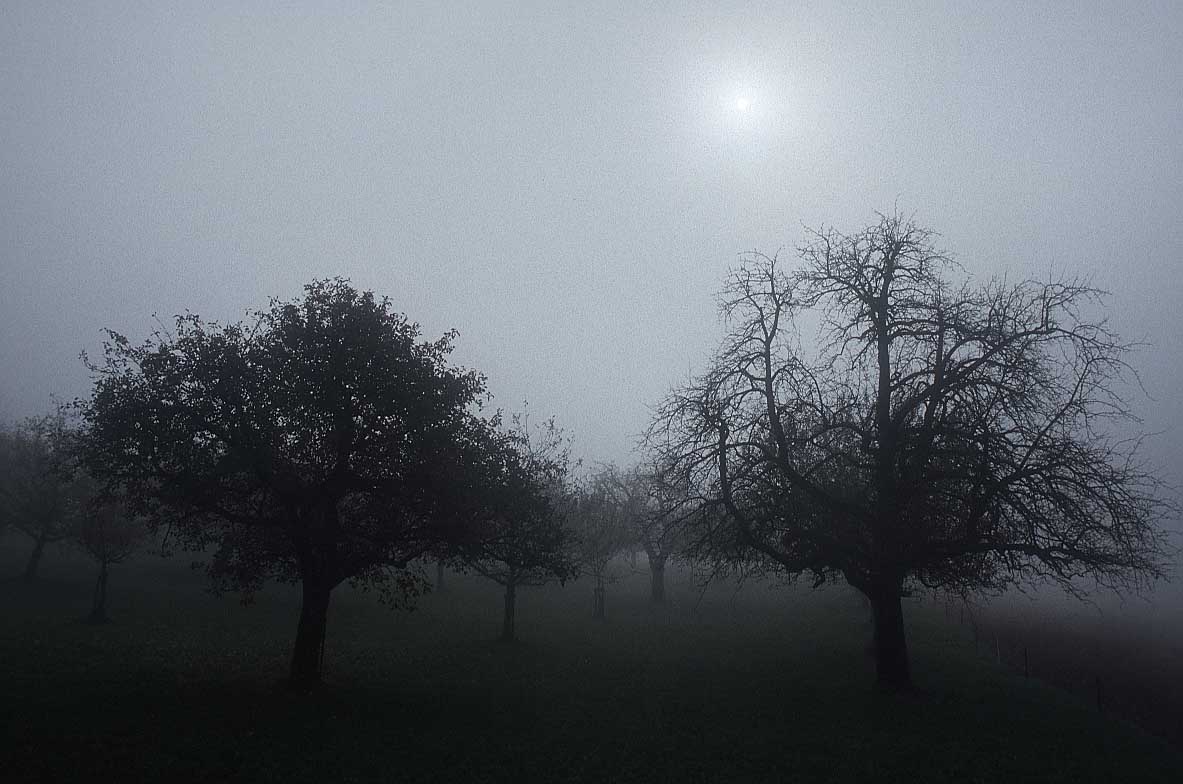Thursday, September 24, 2009
The call to be contemplatives is one addressed to all people
“In 1983 at the conclusion of his twelve years as Prior General [of the Carmelites of the Ancient Observance], Fr Falco Thuis published a book entitled In Wonder at the Mystery of God in which he presented a rather fresh approach to contemplation based upon what he had experienced during his time as General. Early in the book he writes: ‘every man ought to be a contemplative.’ His point is that in the midst of a frenetic world which is regarded by many as an end in itself, all are called to become aware of what is transcendent in others. He states strongly that contemplation can never be about detachment from life or alienation from reality, but goes on to give a useful if somewhat novel definition of contemplation: ‘It [contemplation] is a technical term for that vital reality which leads every man to the discovery of what it means to be himself.’ … In other words, it is only when I am living in right relationship with God and thus with others, that I can come to know who I am and what my place in the world should be.
This goes on to emphasise that continual attention to the word of God is vital for this awareness to grow. He points out that in Gaudium et Spes, no 36, it is clear that what God has created is both good and beautiful, and so in everyday reality humankind must be encouraged to see the hand of the creator at work. He states that deep within the being of every person, there is a strong sense of incompleteness which causes the individual to always want more out of life. This, he contends, is the longing that only union with God can satisfy, and the longing itself is the beginning of contemplation. This desire for more in the depth of the person’s being is answered by the presence of the Holy Spirit who imparts the gift of wisdom. Most importantly from our perspective, he expresses the conviction that contemplation is open to all people. He writes: ‘Contemplation is attained… by every baptised person who has responded positively to the divine plan in his regard.’ He also points out that this treasure is frequently to be found in ordinary people who put it into practice in the little details of their daily lives.
So, as we reflect more and more on what contemplation is, we realize that the call to be contemplatives is one addressed to all people. I keep emphasizing this point for it is a point that is not always appreciated, and is a gift from God through Carmel for all the baptised.”
-- From the essay Eucharist and Contemplation by Brian McKay, O Carm, in Hidden Riches: The Eucharist in the Carmelite Tradition
Subscribe to:
Post Comments (Atom)














No comments:
Post a Comment